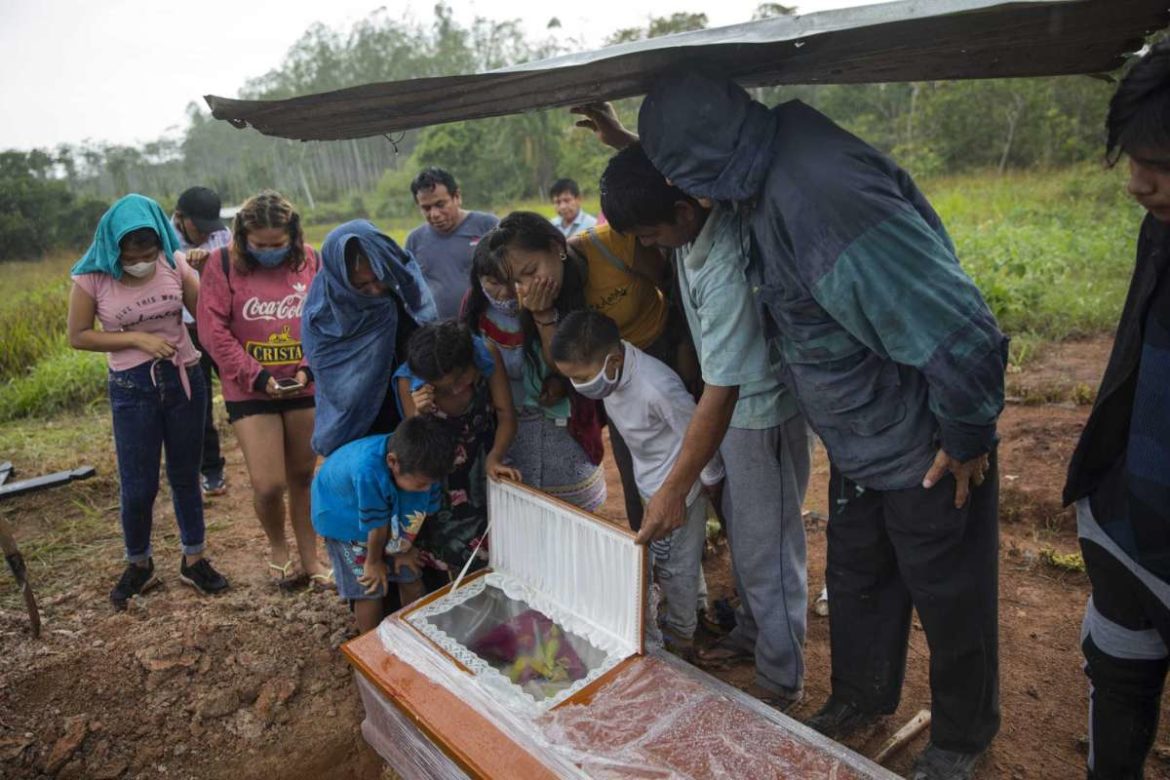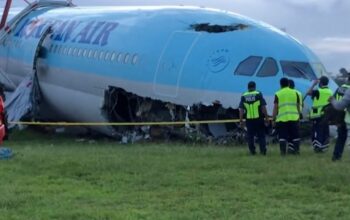By Rodrigo ABD from Associated Press via Charlotte Observer
UCALLPA, PERU
As COVID-19 spread quickly through Peru’s Amazon, the Indigenous Shipibo community decided to turn to the wisdom of their ancestors.
Hospitals were far away, short on doctors and running out of beds. Even if they could get in, many of the ill were too fearful to go, convinced that stepping foot in a hospital would only lead to death.
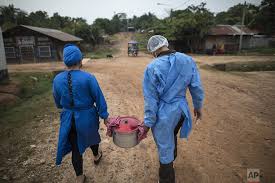
So Mery Fasabi gathered herbs, steeped them in boiling water and instructed her loved ones to breathe in the vapors. She also made syrups of onion and ginger to help clear congested airways.
“We had knowledge about these plants, but we didn’t know if they’d really help treat COVID,” the teacher said. “With the pandemic we are discovering new things.”
The coronavirus pandemic’s ruthless march through Peru — the country with the world’s highest per-population confirmed COVID-19 mortality rate — has compelled many Indigenous groups to find their own remedies. Decades of under-investment in public health care, combined with skepticism of modern medicine, mean many are not getting standard treatments like oxygen therapy to treat severe virus cases.
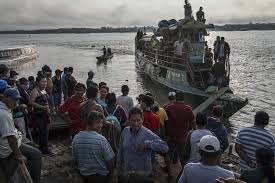
In the Ucayali region, government rapid response teams deployed to a handful of Indigenous communities have found infection rates as high as 80% through antibody testing. Food and medicine donations have reached only a fraction of the population. Many say the only state presence they have seen is from a group responsible for collecting bodies of the dead.
At a spot known as “Kilometer 20” near the city of Pucallpa, a new cemetery has sprung to life with the remains of about 400 people.
“We’ve always been forgotten,” said Roberto Wikleff, 49, a Shipibo man who turned to Fasabi’s treatments to help treat his COVID-19. “We don’t exist for them.”
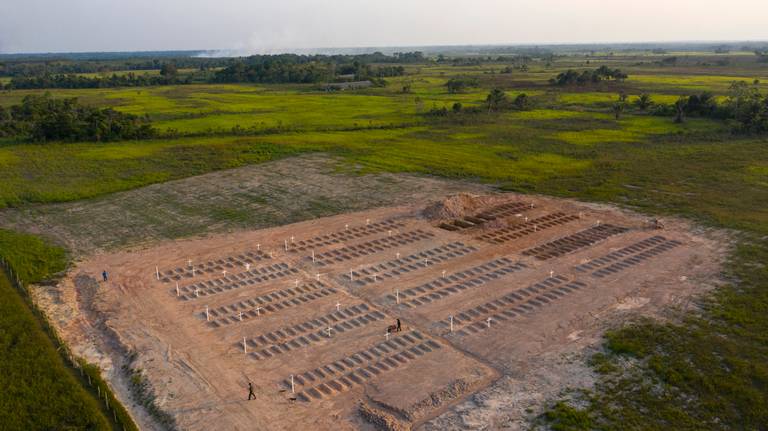
Peru is home to one of Latin America’s largest Indigenous populations, whose ancestors lived in the Andean country before the arrival of Spanish colonists. Entire tribes were wiped out by infectious diseases introduced by the Europeans. Today many live and work in urban areas, but others reside in remote parts of the Amazon that have few doctors, let alone the capacity to do complex molecular testing or treatment for the virus. Read more from Charlotte Observer.
Follow “News Without Politics” for updates on more amazing discoveries around the world without media bias.
Stay informed from the best unbiased news source: newswithoutpolitics.com

